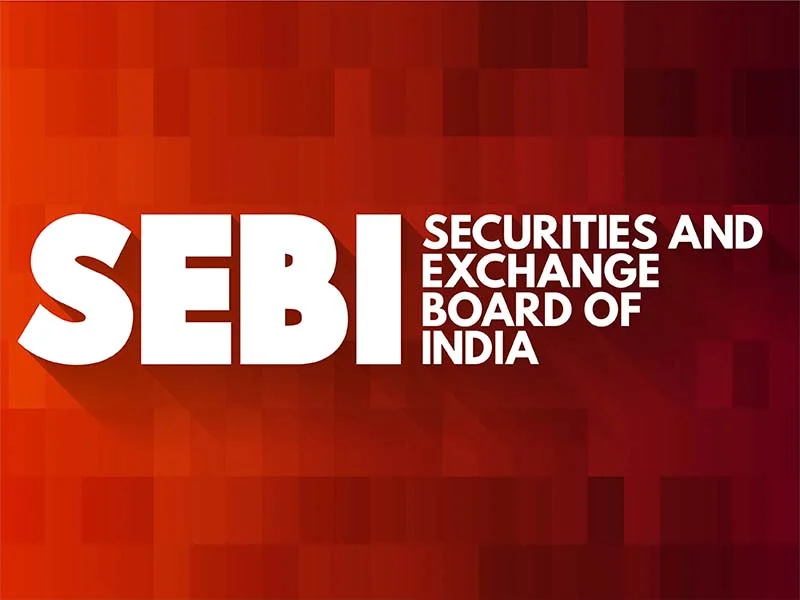The Securities and Exchange Board of India (SEBI) has suggested that several agencies should

The Securities and Exchange Board of India (SEBI) has suggested that multiple regulators should oversee cryptocurrency trading in the country, according to newly leaked documents seen by Reuters.
The documents indicate that a department within India’s financial authorities should provide regulatory oversight. In a separate document, the Reserve Bank of India (RBI) argued that cryptocurrencies pose a risk to the country’s macroeconomy.
Reuters said government officials had submitted the documents to a committee tasked with advising the country’s finance ministry on policy.
Instead of having a single regulator in charge of digital assets, SEBI has recommended that different regulatory bodies collectively oversee digital asset-related activities that fall under their purview.
In this case, SEBI will monitor digital assets classified as securities and initial coin offerings (ICOs), and issue licenses for financial products. Meanwhile, the Reserve Bank will oversee stablecoins backed by fiat currencies.
Cryptocurrency-related insurance will fall under the purview of the Insurance Regulatory and Development Authority of India (IRDAI), and the Pension Fund Regulatory and Development Authority (PFRDA) will regulate related pension matters to digital assets. Indian Consumer Protection Act should be applied to disputes between investors.
The country’s Reserve Bank has a more skeptical view towards cryptocurrencies. According to sources familiar with the matter, the Reserve Bank of India supports the idea of banning stablecoins. The agency also highlighted concerns that digital assets could facilitate tax evasion and noted that decentralized peer-to-peer (P2P) transactions in cryptocurrencies rely on voluntary compliance, which presents risks to financial stability.
The Reserve Bank of India also believes that cryptocurrencies may result in a loss of revenue from money creation for central banks.
India is changing its regulatory framework to include digital assets. In December 2023, the country issued 15 non-compliance notices to foreign cryptocurrency exchanges, blocking the companies’ URLs and mobile apps for local users.
As of this writing, KuCoin and Binance are the only exchanges able to obtain licenses from the Financial Intelligence Unit (FIU) to restart operations. The Indian government recently called on G20 members to join forces to regulate digital assets.
review: What do cryptocurrency market makers actually do? Liquidity or manipulation